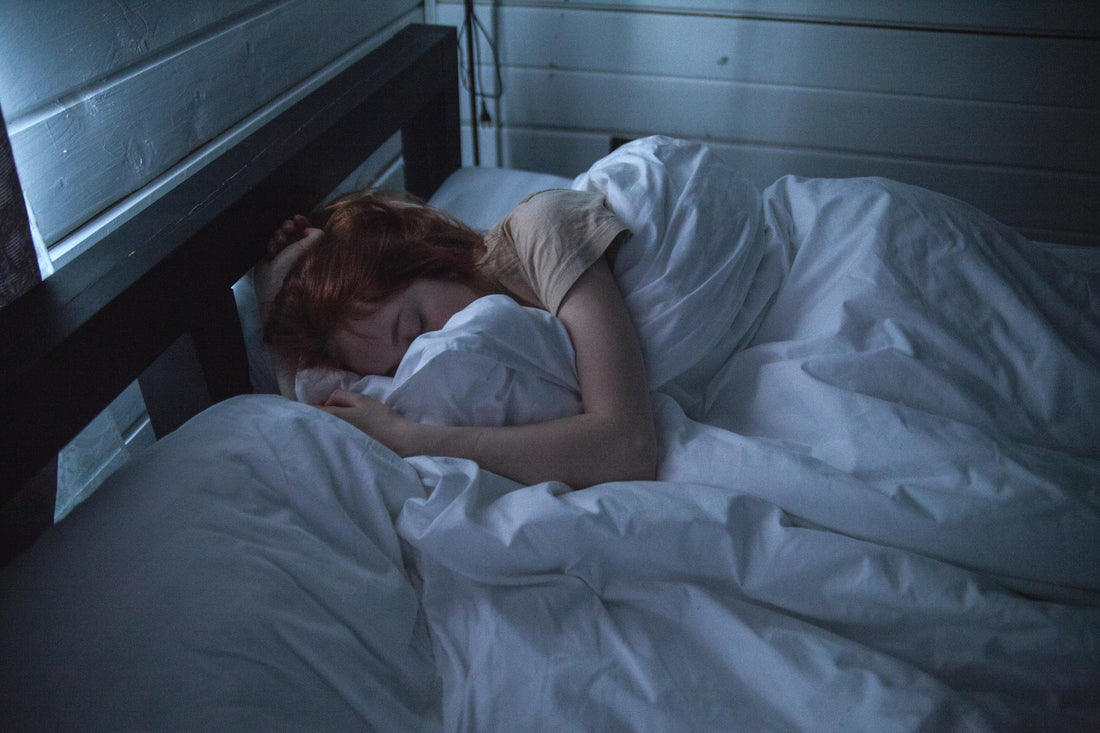
Sleep Problems in People with Mental Health Conditions
Share
Introduction: Why Sleep Matters
Sleep isn’t just rest—it’s a vital part of our physical and mental well-being. For people living with mental health conditions like depression, anxiety, or schizophrenia, sleep issues are more than just feeling tired. They can affect how people think, feel, and function each day.
A recent study from Singapore sheds light on how common sleep problems are in people with psychiatric conditions. Let’s explore what the researchers found and what you can do if you or someone you know struggles with both mental health and sleep.
How Common Are Sleep Disorders in Psychiatric Patients?
The study looked at 400 patients aged 21–65 receiving mental health treatment. The results were striking:
- Over 40% of these patients had symptoms of at least one sleep disorder.
- The most common symptoms were related to:
- Restless legs (14.8%)
- Sleep breathing problems (like sleep apnea) (14.5%)
- Parasomnias (unusual behaviors during sleep like sleepwalking) (13.8%)
- Narcolepsy (sudden daytime sleepiness) (12.5%)
- Circadian rhythm issues (trouble sleeping at the right times) (4.5%)
On top of that, nearly two-thirds (65.8%) of the patients experienced insomnia.
Why Do Mental Health and Sleep Problems Go Hand in Hand?
Mental health and sleep affect each other in both directions:
- Conditions like anxiety and depression can make it hard to sleep.
- Poor sleep can worsen symptoms of these mental health issues.
For example, people with depression often struggle to fall or stay asleep. Others with anxiety might wake up feeling tense or restless. Over time, this creates a cycle that’s hard to break without help.
What Factors Increase the Risk of Sleep Problems?
The study found that some factors made sleep problems more likely in people with mental health conditions:
- Low Physical Activity: People who didn’t exercise regularly had more sleep issues.
- Obesity: Heavier patients were more likely to have breathing problems during sleep.
- Insomnia: Those already struggling with insomnia were at higher risk for other sleep disorders.
- Younger Age: Surprisingly, younger adults (21–39) had more restless leg symptoms than older ones.
- Lower Education Levels: People with less education were more likely to have sleep issues—possibly because of less awareness of good sleep habits.
What Can Be Done? Practical Tips for Better Sleep
If you’re dealing with a mental health condition and having trouble sleeping, you're not alone—and there are things you can do:
- Talk to Your Doctor: Always discuss sleep problems with your healthcare provider. Don’t assume it’s just part of your condition.
- Stay Active: Even moderate exercise like walking can improve sleep quality.
- Watch Your Weight: A healthy diet and regular activity help reduce the risk of sleep apnea.
- Stick to a Routine: Try to go to bed and wake up at the same time every day, even on weekends.
- Limit Caffeine and Screens: Avoid coffee late in the day and turn off screens an hour before bed.
Why This Research Matters
This study is important because it reminds us that sleep problems in psychiatric patients are not just side effects—they are serious symptoms that deserve attention. Treating sleep issues can improve mood, reduce anxiety, and even help medications work better.
Final Thoughts
Mental health and sleep are deeply connected. By understanding and addressing sleep problems, we can help people with mental illnesses feel better and function better. If you or someone you know is struggling, don’t hesitate to seek support. Good sleep isn’t a luxury—it’s part of good health.
